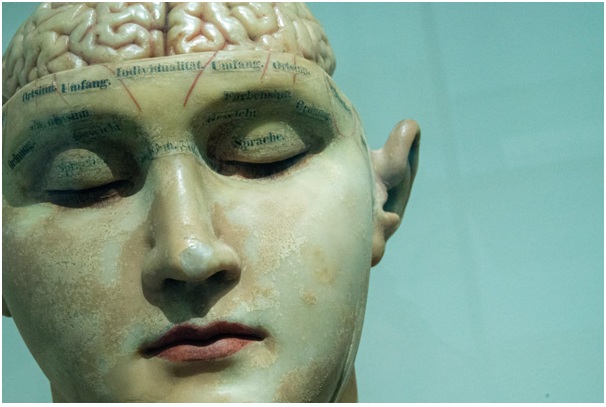Everyone goes through different phases in life where they feel a little down, but if these ‘phases’ last more than two weeks, you might be experiencing depression. This article details The Effects of Depression on Your Body.
Studies have shown that each year over 17 million adults will suffer from depression, and those stats are just representing those who have been diagnosed by a medical professional. Most people experiencing depression will deny and ignore the symptoms, making things worse and causing clinical depression to go undiagnosed and untreated. Depression can affect a person’s general health and wellbeing and lead to additional symptoms.
Being in touch with your mental health and paying attention to your physical self will help prevent further health issues. Depression is a severe medical condition and can affect the body in more ways than one.

Central Nervous System (CNS)
Depression is different for everyone and can affect us all in different ways. Some of the more common symptoms include overwhelming grief, sadness, or guilt. Many sufferers describe it as feeling empty inside or disconnected from the world. Putting these feelings into words can be a struggle, and most patients tend to release pent-up anxiety and emotion in different ways. When all the emotion is not released, the body will find other ways to get rid of it, sometimes causing harm to the CNS.
These releases tend to show up as chronic pain, insomnia, irritability, and bursts of anger and can even lead to Alzheimer’s disease, epilepsy, and multiple sclerosis in more extreme cases. These neurological diseases result from depression going undiagnosed and untreated, resulting in a deterioration of your body’s central nervous system.
Struggling to keep up with daily routines and social obligations can lead to a decrease in your ability to concentrate, memory problems, and as a result, indecisiveness, and this, in turn, can have a knock-on effect causing more stress than is necessary and can result in other trigger factors making depression both the cause and the symptom of physical and mental illness.
If the person suffering from depression attempts to mask the problem or forget about it by using and abusing various substances, they will, in turn, begin to do more harm to the body than good. Excessive drinking or drug usage can affect the heart, brain, and other vital organs that play a role in maintaining the body’s healthy functioning.

Digestive System
More common in younger adults and children, digestive issues can directly link to depression and other mental health issues. Depression tends to have a severe impact on your appetite and nutrition. Some people seek comfort food that tends to be less healthy for the body and binge eating and overeating. As a result, patients will begin to gain weight and possibly pick up obesity-related illnesses.
Others might lose their appetite entirely and fail to get the correct minerals and nutrients into their bodies needed for general upkeep and health. In older adults, this can lead to a condition called geriatric anorexia.
Dietary problems can then lead to various issues such as stomach pains and cramps, constipation, and malnutrition. Healthcare professionals can treat these symptoms with medication, but unless the root of the problem is uncovered, they might return further down the line.
Eating the correct diet and making sure you’re getting all the proper nutrients your body needs is vital when looking after your body and should be a step in every person’s daily routine. Nutrients help make sure the body’s neurotransmitters are doing their job and allowing them to function as best they can.
The Cardiovascular and Immune System
Depression and stress usually go hand-in-hand and can be just as damaging as each other. When hormones related to anxiety are released into the body, the heart rate will increase and cause the blood vessels to tighten, which causes the body to go into a state of emergency. If this occurs for long periods, the heart begins to wear down, and the body will suffer.
Depression has more of an impact on your heart than other health conditions such as high blood pressure, diabetes, smoking, and high cholesterol. In turn, heart disease can be a trigger for depression in some patients. Depression can also increase the risk of dying for patients suffering from heart disease.
Stress and depression are both potent when it comes to your immune system. Immune suppressing triggers can make you more vulnerable to infections and diseases and can cause inflammation all over the body. The lack of nutrition, exercise, and social interaction weakens the body, making a person more susceptible to health issues, which can be seriously debilitating for anyone suffering from the disorder.



















